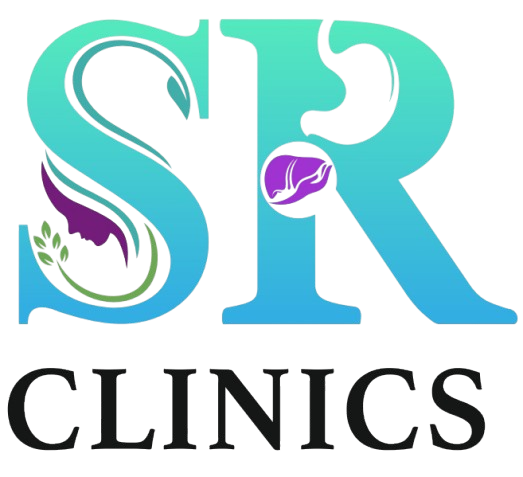
Colon Cancer Screening
Colon cancer screening is a vital preventive measure to detect colorectal cancer at an early stage, when treatment is most effective. Screening tests help identify abnormal growths (polyps) in the colon before they become cancerous, reducing the risk of advanced disease.
At SR Clinic, we offer advanced screening methods, including colonoscopy, stool tests, and imaging techniques, to ensure early detection and better patient outcomes.
Types of Colon Cancer Screening
- Colonoscopy: A detailed examination of the colon using a flexible camera to detect polyps and remove them if necessary.
- Fecal Occult Blood Test (FOBT): A non-invasive stool test that checks for hidden blood, a possible sign of colon cancer.
- Fecal Immunochemical Test (FIT): A stool test that detects blood proteins, indicating potential colon issues.
- CT Colonography (Virtual Colonoscopy): A specialized CT scan that creates a detailed image of the colon.
- Flexible Sigmoidoscopy: A minimally invasive procedure that examines the lower part of the colon for abnormalities.
Frequently Asked Questions
Adults aged 45 and older should undergo regular screening. Those with a family history of colon cancer or certain risk factors may need screening earlier.
Colonoscopy is recommended every 10 years, while stool-based tests should be done annually. The frequency may vary based on risk factors and previous results.
Most screening methods, like stool tests and CT colonography, are painless. Colonoscopy is performed under sedation, ensuring minimal discomfort.
If a polyp is found, it can be removed during the procedure and sent for further testing to determine if it is cancerous or pre-cancerous.
